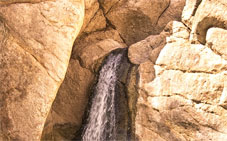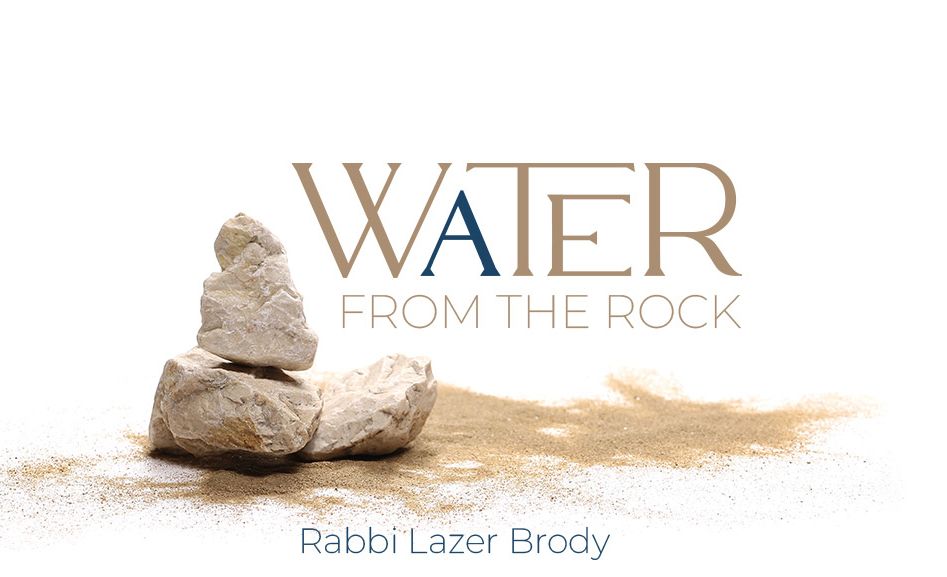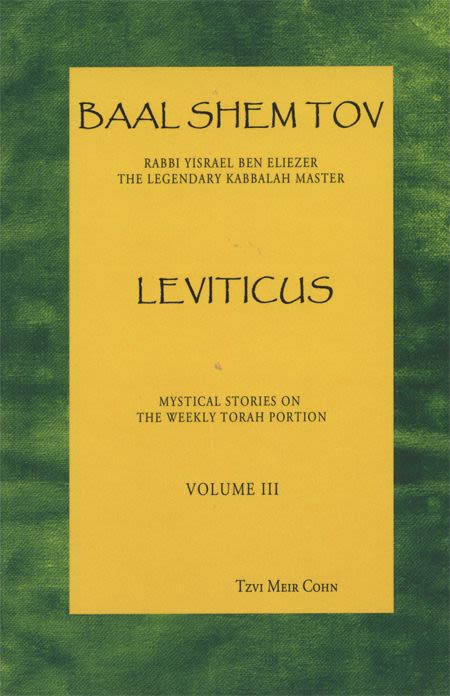
Chukat: The Water and the Rock
Hashem accuses Moses of a lack of emuna. Moses, a lack of emuna? What did he do that was so terrible? Why did Hashem give him such a stiff punishment?

"…because you didn't believe in Me to sanctify Me in the eyes of the Children of Israel…" (Numbers 20:12).
Hashem informs Moses that he will be punished, and won't be allowed to enter the Land of Israel. Hashem is explicit as well – He tells Moses that because of his lack of emuna, he just missed a once-in-a-lifetime opportunity to sanctify Hashem's Holy Name in front of the entire Jewish People.
Moses, a lack of emuna – is that possible? What did he do that was so terrible? Why did Hashem give him such a stiff punishment?
After the Children of Israel complained about the lack of water in the desert, Hashem showed Moses a rock and told him to speak to it, promising that water will come forth from it and that all the people and the cattle will be able to drink (ibid, 8). Simple enough, isn't it?
Have you ever tried to accomplish something when someone is yelling at you? It's virtually impossible. Let's not forget that hundreds of thousands of people were yelling at Moses, accusing him of taking them out of Egypt in  order to kill them in the desert (ibid, 4-5). It's bad enough when people are scolding us for something we did do; but, as everyone well knows, being accused of something we didn't do is unbearable. Moses dedicated his life for the welfare of every single Jew. His pleading in behalf of the entire nation saved their lives more than once already. Yet, no one expresses a word of gratitude; on the contrary, the people accuse him of malicious intentions. Nothing could be further from the truth.
order to kill them in the desert (ibid, 4-5). It's bad enough when people are scolding us for something we did do; but, as everyone well knows, being accused of something we didn't do is unbearable. Moses dedicated his life for the welfare of every single Jew. His pleading in behalf of the entire nation saved their lives more than once already. Yet, no one expresses a word of gratitude; on the contrary, the people accuse him of malicious intentions. Nothing could be further from the truth.
Moses faces a nightmare scenario of masses of people shouting, complaining and throwing verbal darts of false accusations at him. Not one, not ten, not a hundred people – hundreds of thousands are in his face! Who wouldn't lose his self-composure? Who wouldn't be shaken to the core?
In a split second of impatience, Moses raises his voice back to the crowd and says, "Listen please, you rebellious people – do you think we can elicit water for you from this rock?" He then raises his staff and hits the rock. Water comes out in a trickle. He hits the rock again, and water flows forth. Wasn't this enough of a sanctification of Hashem's Name?
No, for Hashem commanded otherwise.
People knew that Moses and his staff had special powers. By his hitting the rock instead of speaking to it, they attributed the miraculous outpouring of water to him and to his "magical" staff, which had already performed a number of miracles in Egypt, such as turning into a snake and devouring the staffs of Pharaoh's advisors that had also turned into snakes.
Hashem wanted Moses to speak to the rock. That way, no one could attribute the miracle to anyone other than Hashem and His holy Name would be sanctified. Despite the fact that Moses exhibited patience, fortitude and self-composure beyond the mightiest of human capability, on his spiritual level, this was considered a sin. Hashem wanted no activism whatsoever, only speech. In hitting the rock rather than speaking to it, Moses transgressed Hashem's commandment, even though the circumstances were beyond extenuating. Hashem expected Moses to believe that speaking to the rock would elicit water from it. Hashem says, you didn't believe in Me – "Moses, on your spiritual level as leader and prophet, whom I gave the Torah to on Mount Sinai, you should have spoken to the rock. If your emuna would have been perfect, you wouldn't have hit the rock." Hashem is exacting with the true tzaddikim.
The lesson of Moses and the rock is not a simple story of an isolated event that happened 3,326 years ago. It is a message for each one of us for posterity. Hashem wants us to use our power of speech in prayer to Him. He wants us to attain everything by way of prayer. He doesn't want us going around and "hitting rocks" in order to accomplish things. He wants us to have emuna, for emuna and prayer are synonymous. As my teacher and spiritual guide Rav Shalom Arush says always, "If you believe, you'll pray; if you don't pray, you don't believe."
People suffer from extreme emotional swings. When they succeed, they're ecstatic. When they fail, they're crushed. Both emotions are indicative of a lack of emuna. We make our best effort, but the outcome is up to Hashem. Hashem wants us to learn to pray for everything and to realize that we are powerless without Him. He wants us to "speak to the rock", for when we do, abundance of all types flows forth. With emuna, we know that our prayers can move mountains and accomplish the impossible, doing things that no physical power on earth can. With sufficient emuna and prayer, we too bring forth water from a rock.











Tell us what you think!
Thank you for your comment!
It will be published after approval by the Editor.